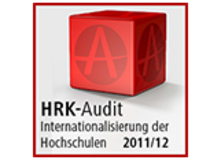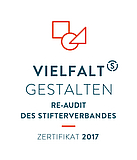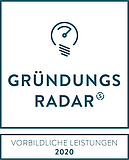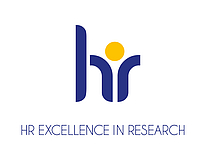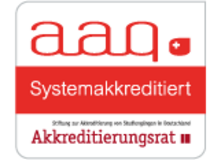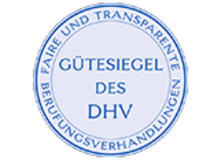Bremen’s focus will be on the middle classes as a preserver and threat to social cohesion. Sociologists Professor Uwe Schimank and Professor Olaf Groh-Samberg have developed the proposal together with colleagues from Bremen from various disciplines and research institutes. After scientific review, it is now funded by the BMBF. Together with multidisciplinary scientists from the universities of Berlin, Bielefeld, Frankfurt, Halle, Hannover, Constance, and Leipzig, as well as two research institutes in Göttingen and Hamburg, a start-up concept for the institute is to be developed in a one-year preliminary phase. The researchers will work at different locations and, after dealing with current developments, make practice-oriented proposals. “The selection of the University of Bremen by the Federal Ministry of Education and Research shows the high level of expertise our high-profile area of Social Changes, Social Policy, and the State has. We are delighted to be among the 11 partners of the new institute,” said Professor Bernd Scholz-Reiter, President of the University of Bremen. “This preliminary phase will be supported by the university and the state.”
From Guarantor of Order to “Arsonist”
The thematic focus of Bremen’s contribution to the institute for social cohesion is on the middle classes. They are the large group of our society that, for a long time, has been promised to act as a guarantor of the stability of social order – the rule of law, democracy, social balance. However, the integration power of the middle class seems to have been weakened by increasing conflicts and inequalities. In the meantime, larger subgroups have tended to appear exactly the other way round as “arsonists.” How did this come about? What could be done about it? Research projects on these two questions will be carried out by the social scientists from the University of Bremen.
Federal Research Minister: “Substantiating Debates”
“The realities of life in the city and in the country are changing and sometimes drifting apart. New media are changing the culture of communication. In our pluralistic society, different questions arise than before when it comes to a sense of belonging and identity. That is what concerns citizens,” said Federal Research Minister Anja Karliczek. The new institute will be given the task of researching the abovementioned questions and contributing to substantiating debates. “It will help us to strengthen social cohesion.”
Contact:
Professor Uwe Schimank
SOCIUM – Research Center on Inequality and Social Policy
Faculty of Social Sciences
University of Bremen
Tel.: +49 421 218-58564
E-mail: schimank@uni-bremen.de
Professor Olaf Groh-Samberg
BIGSSS – Bremen International Graduate School of Social Sciences
Faculty of Social Sciences
University of Bremen
Tel.: +49 421 218-66440
E-mail: olaf.grohsamberg@uni-bremen.de



![[Translate to English:] Staatsrätin Irene Strebl, Rektorin Jutta Günther und Konrektor Michal Kucera stehen vor einer Wand, auf der eine Videoübertragung angekündigt wird und machen ein Selfie.](/fileadmin/user_upload/universitaet/Uni_Allgemein/TOP-NEWS/2025_Slider/20250527_Exzellenz-Fotos.jpg)


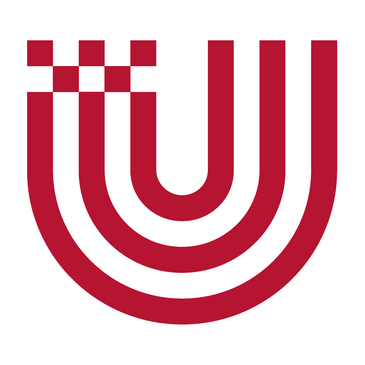
![[Translate to English:] Logo of the University of Bremen on a glass pane.](/fileadmin/_processed_/1/c/csm__d4a7997_1_4a9a865728.jpg)


